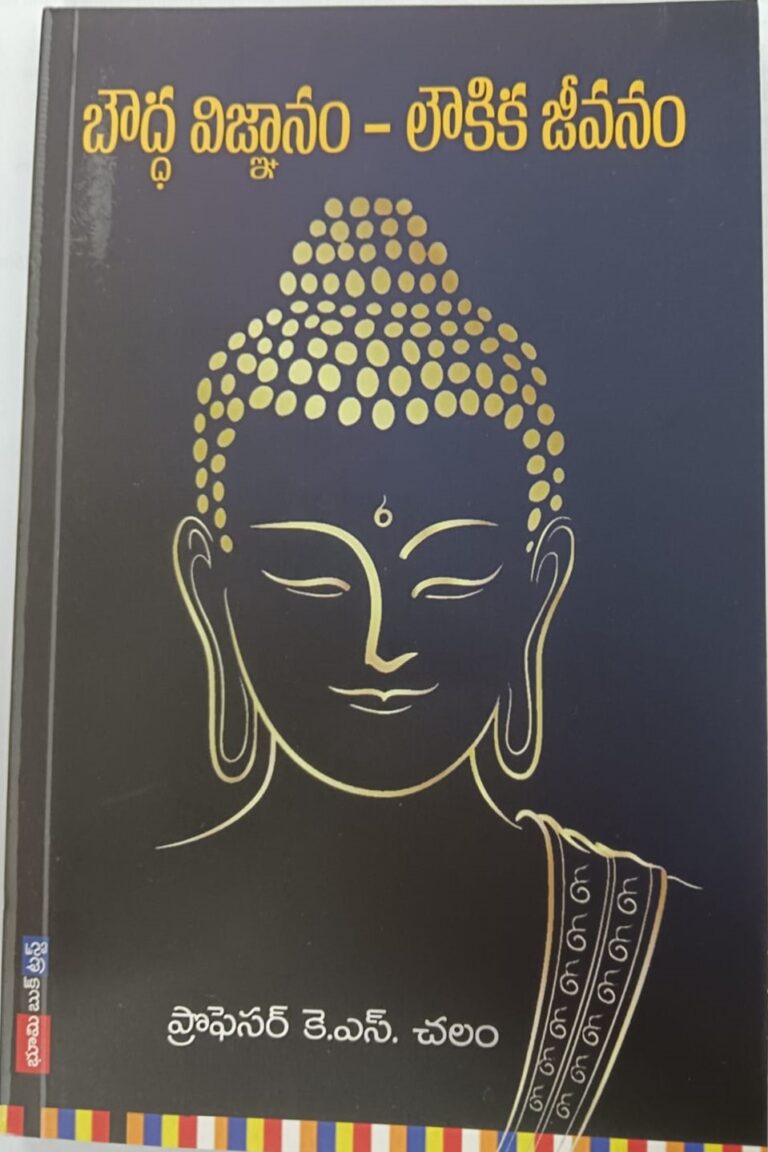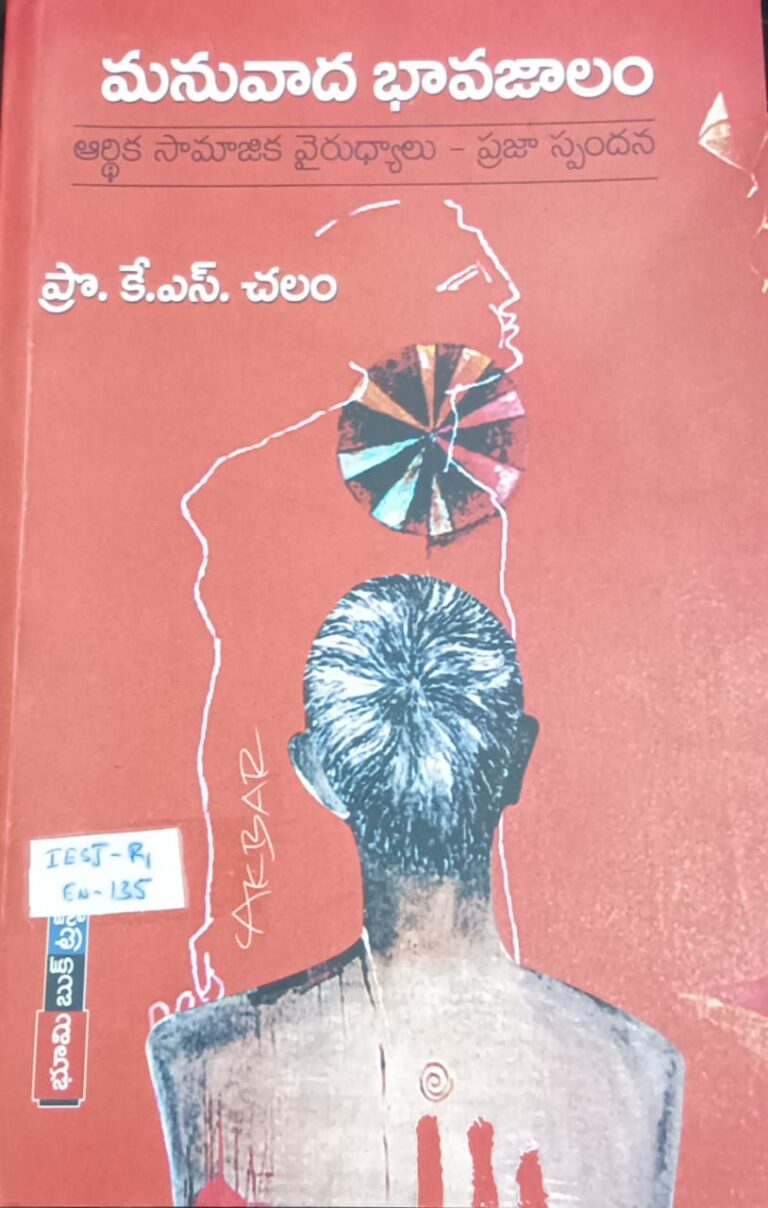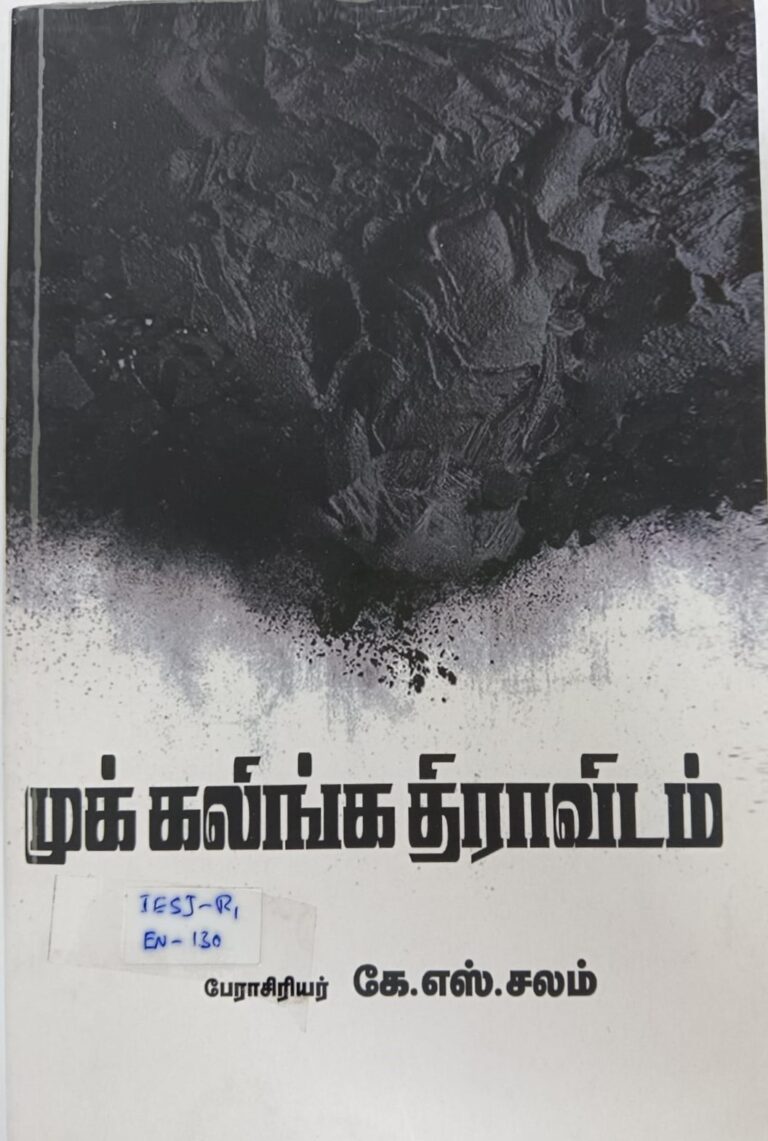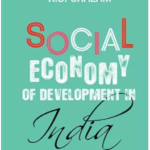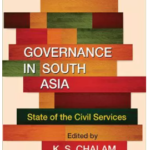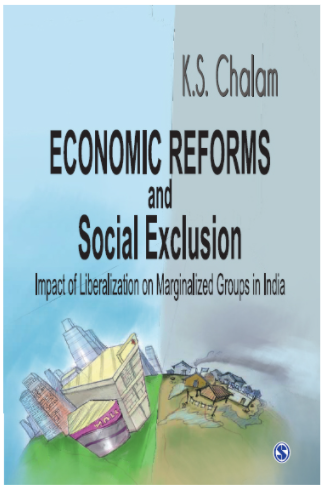
Economic Reforms and Social Exclusion is an analytical study that focuses on the socially marginalized and excluded groups in India since the onset of liberalization. It examines how the liberal economic reforms have impacted socio-economic categories—caste, tribe and religious minorities—subjecting them to further deprivation.
Case studies of handloom weavers, VRS workers and the temperance movement have awarded this study empirical reality. The book also offers a refreshing approach to the study of economic reforms through philosophical and theoretical arguments on issues like civil society, religion, caste and alienation.
Since most of the scholarly works on social exclusion are based on Western notions of ‘deprivation’ and ‘exclusion’, this work’s unique focus on India lends the reader a context-specific understanding of the subject. The jargon free language makes the book readable even for a general reader to help him/her to understand Indian society

